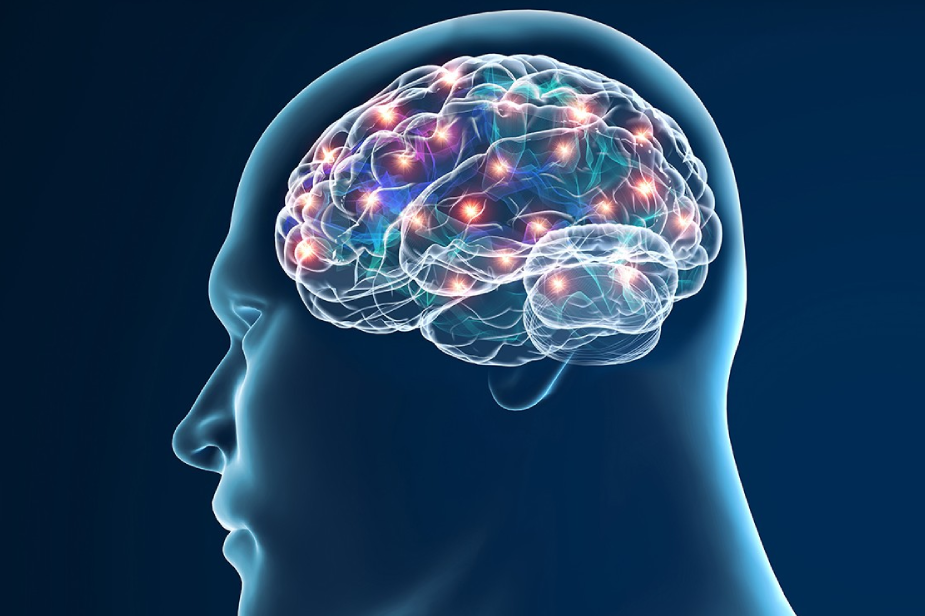Parkinson’s disease, Alzheimer’s disease, and dementia are often grouped together because they share some common symptoms. However, each condition is unique and requires different treatment approaches.
Parkinson’s Disease
Parkinson’s disease is a neurological disorder that affects movement. It occurs when certain nerve cells in the brain die or become impaired. This can lead to problems with balance, coordination, and walking. As the disease progresses, symptoms may also include tremors, stiffness, and difficulty speaking. There is no known cure for Parkinson’s disease, but medications and therapies can help manage symptoms.
Alzheimer’s Disease
Alzheimer’s disease is a type of dementia that damages the parts of the brain that control thought, memory, and language. Symptoms include memory loss and difficulties with problem-solving, speech, and comprehending written words. As the disease progresses, symptoms may also include changes in mood, behavior, and personality
Dementia (including Alzheimer’s Disease)
A dementia diagnosis typically refers to a group of brain disorders that cause problems with memory, thinking, and social skills severe enough to interfere with daily life activities. Dementia can be caused by head trauma or injury; certain infections such as HIV; exposure to toxins such as lead; early-onset Alzheimer’s disease; strokes; drug interactions or reactions; complications related to pregnancy or birth defects; multiple sclerosis (MS); rare genetic diseases such as fronto-temporal dementia; and more.
Treatment
There is currently no cure for Parkinson’s disease, Alzheimer’s disease, or dementia. However, doctors may prescribe medications or recommend therapies to help manage symptoms and improve the lives of those with these conditions.
